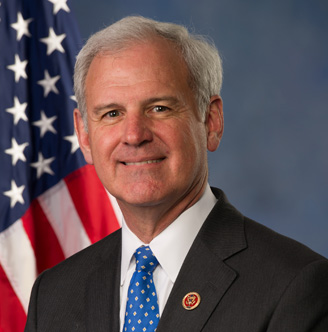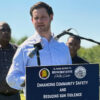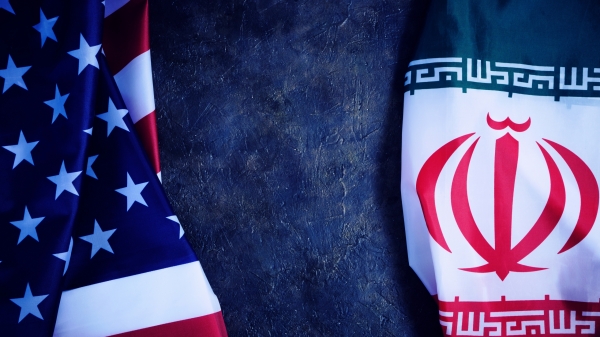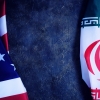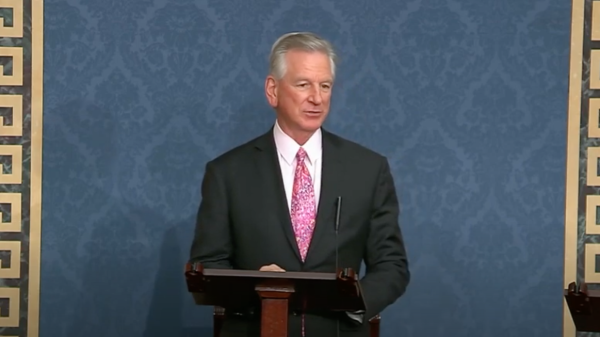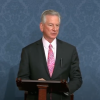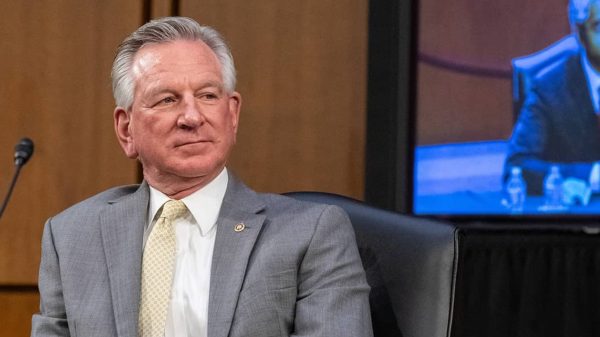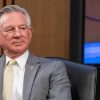By Representative Bradley Byrne (AL-1)
Alabama Political Reporter
Some may wonder why what happens thousands of miles away in the Middle East has any impact on us right here in Southwest Alabama. The answer is simple: the safety and the security of the Middle East is critical to controlling the spread of terrorism, which in turns helps protect our homeland.
Last week, I returned from a ten day Congressional Delegation (or CODEL) to the Middle East. During the CODEL, we made stops in Israel, Jordan, Egypt, and Morocco. This trip to the Middle East could not have been more timely given the numerous foreign policy challenges in the region right now.
Our trip started in Israel, which is the United States’ closest ally in the region and a source of stability and strength. After meeting with representatives from their defense and foreign ministries, we sat down with Israeli Prime Minister Benjamin Netanyahu. I was impressed by Prime Minister Netanyahu’s candor and knowledge. We discussed the recent conflict between Israel and the terrorist organization known as Hamas in the Gaza Strip.
Prime Minister Netanyahu assured us that Israel had taken all the necessary steps to prevent civilian deaths, but Hamas made the task very difficult by using schools and hospitals to launch missiles. He put it best by saying: “We use rockets to defend our children while Hamas uses children to defend their rockets.” The Prime Minister also thanked the United States for our support of the Iron Dome missile defense shield, which helped protect Israelis during the recent conflict.
Next we headed to Jordan, which is a strategically important US ally bordering Saudi Arabia, Syria, Israel, and Iraq. The country is home to around seven million people, with almost half of those being refugees. Jordan has a severe shortage of natural resources, and the economy is heavily dependent on tourism. As you can imagine, the instability in the region has greatly impacted the tourism industry.
While in Jordan, we met with King Abdullah II, the leader of the country. King Abdullah expressed his deep concerns about the spread of Islamic extremists in the region, including the Islamic State of Iraq and Syria (ISIS). Jordan has experienced an increase in refugees since the conflict in Syria started a few years ago, and it has placed strains on the country. Given Jordan’s geographic location and shared interest in combating Islamic extremism, we must continue to maintain strong relations with their leaders.
From Jordan we headed south to Egypt. While we did get to visit the Great Pyramids and the Sphinx, we spent most of the time visiting with Egyptian military and foreign ministry officials to talk about various security concerns. As you may remember, the Muslim Brotherhood had previously controlled Egypt, and their government was not friendly to the United States. In fact, the Muslim Brotherhood was helping support Hamas in their war against Israel.
The new president, Abdel Fattah al-Sisi, is the former commander of the Egyptian Army. While President Obama has expressed concern about the new Egyptian government, I believe it is in our best interests to stand strong with Egypt and ensure they have the military resources they need. Egypt played a key role in establishing a cease fire between Israel and Hamas, and they continue to be a stabilizing force in the region.
We ended our trip with a stop in Morocco. Morocco is a beautiful country of around 32 million people located on the coast in Northwest Africa. In Morocco, we visited with the head of their military and the assistant foreign minister, in addition to meeting with staff from the United States embassy. Morocco has numerous security concerns relating to al-Qaeda, but they are also a great ally of the United States.
One highlight from Morocco was a conversation I had with the United States Ambassador. We discussed bringing Moroccan officials and businesses to Alabama to talk about enhancing trade between the Port of Mobile and the port in Casablanca. While much of the trip focused on national defense, I am always looking for chances to promote economic growth in our area.
One common theme that emerged during each of our meetings is the lack of United States leadership and a clear strategy in the Middle East. Whether it be ISIS in Iraq, Hamas in Gaza, the Muslim Brotherhood in Egypt, Boko Haram in Africa, or al-Qaeda throughout the Middle East, Islamic extremists are on the rise.
In order to combat these organizations and their horrible practices, we will need the support and help from Middle Eastern nations to present a united front. Each country we visited expressed a willingness to work with the United States, but a clear strategy is lacking.
Time is of the essence here. The President must get off the sidelines, put forward a clear strategy, and exert leadership in a very dangerous part of the world. The safety and security of the United States depends on it.








































